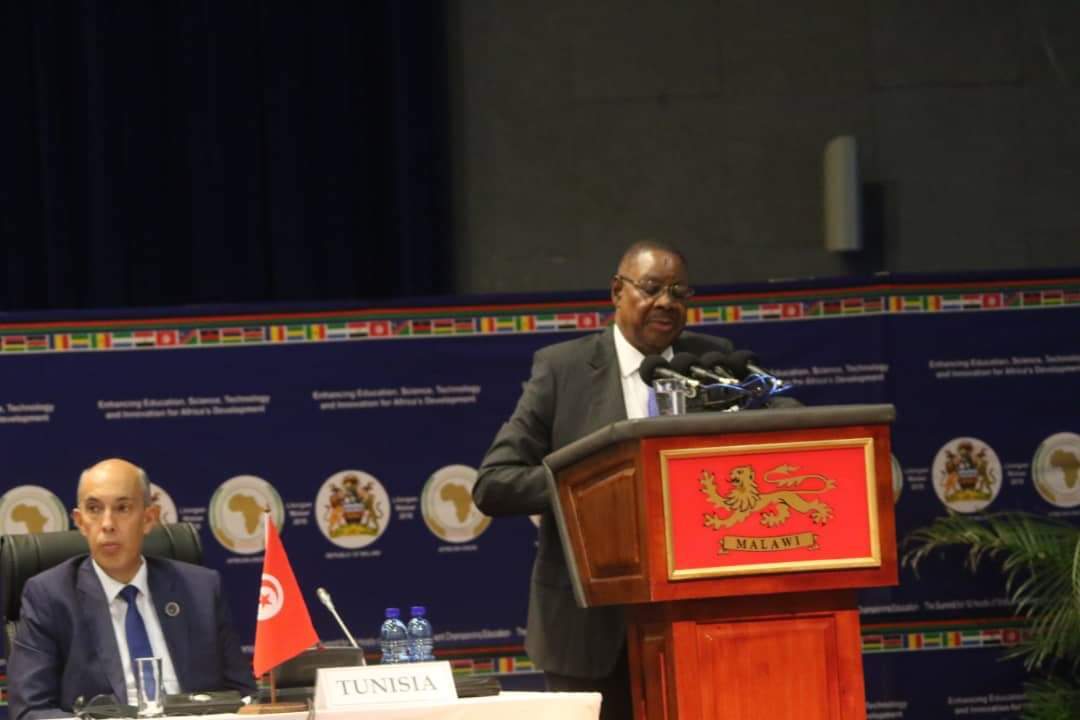
President Peter Mutharika has called on African countries to promote the right education and skills in science and technology so that the continent should develop.
He made the remarks in Lilongwe on Saturday when he opened the First Extra Ordinary Summit of the Committee of 10 Heads of State and Government (C10) Championing Education, Science and Technology in Africa.

Mutharika said African countries can change their situations by changing what they do in education.
He told delegates to the summit that for the continent to move from aid to trade, education, science and technology should support the Africa-Must-Industrialise Agenda.
“We need to cultivate scientific, technological and innovation skills in our youth. Our youth communities must have access to skills education even though they may not have access university education. We must empower the youth, including those who do not have access to university education,” Mutharika said.
African Union Commission (AUC) Commissioner for Human Resources, Science and Technology, Prof Sarah Anyang Agbor said Africa needs to put in place concrete measures that would harness the demographic dividend in science, research, technology and innovation.
“We need to explore opportunities that would advance development in line with the Agenda 2063,” she said.
Agbor appealed to the private sector to be well represented in this field by offering internship programmes in science and technology in order for the continent to see positive changes.
On his part, Prime Minister of Senegal, Mahammed Boun Abdalla Dionne, said there is need for Africa to create a science and innovative society in order to promote such issues at the continental level.
“Africa needs to invest in science and technology in areas where these exist. We need to give resources to translate ambitions into reality,” he said.
The Senegalese Prime Minister then bemoaned funding levels in the education sector saying it poses a threat to the development of science and technology.
“Investing in education and training is vital but then constraint is funding and this is a major challenge. If we are to progress in science and technology, there is need to invest in this through adequate funding,” he said.














